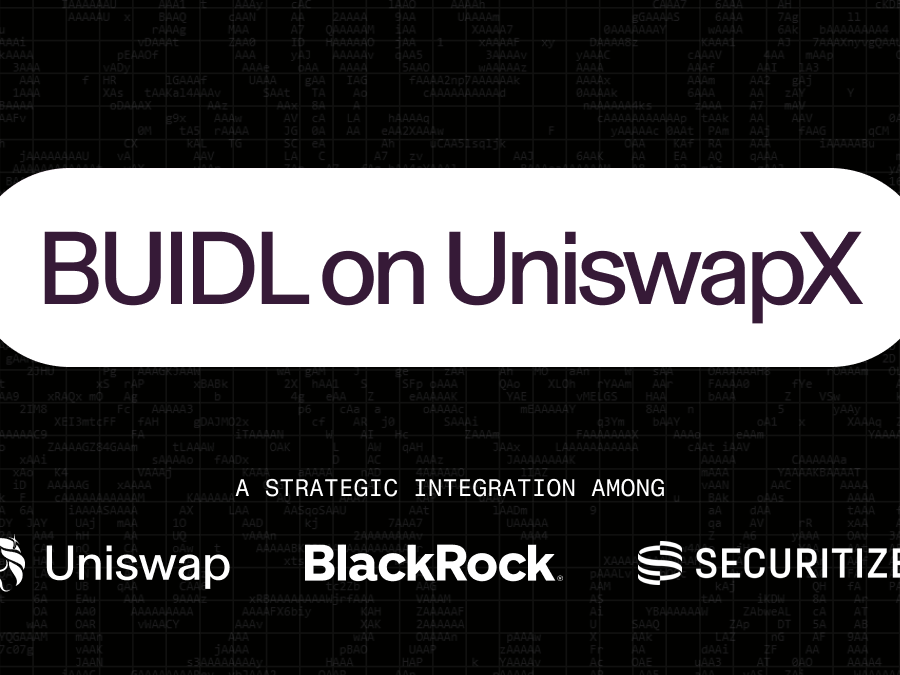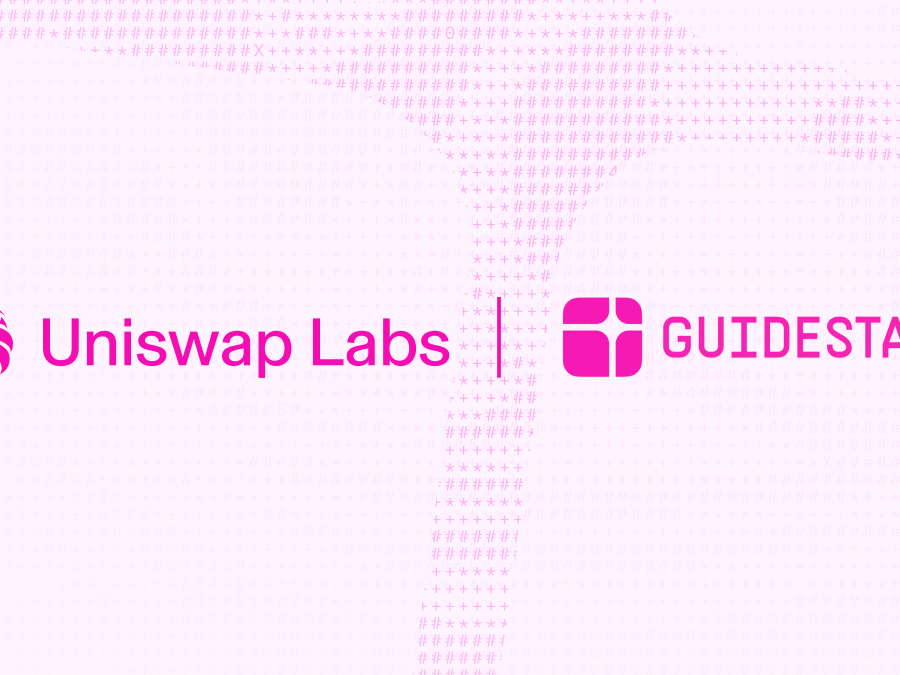Today, we are sharing our response to the Wells notice Uniswap Labs received from the SEC last month.
We believe the SEC should embrace open source technology that improves on outdated commercial and financial systems, instead of attempting to litigate it out of existence. The Uniswap protocol is secure, low cost, transparent infrastructure that “protects investors and maintains fair, orderly, and efficient markets.” Ironically, that’s the SEC’s mission.
The SEC’s aggressive theories are an effort to expand its jurisdiction beyond exchanges to communications technology – and beyond securities to all markets. Their legal arguments are weak and have been refuted by courts. And tomorrow, we expect the House to pass a bill that would give the CFTC robust authority to cover digital asset trading.
The Uniswap Protocol is a major innovation in markets and benefits consumers
The Uniswap Protocol is autonomous software that enables users to transact directly with one another, securely, without paying fees to centralized intermediaries or relying on them to keep their assets safe. The Protocol can be integrated by anyone with an internet connection and does not rely on any team, or Uniswap Labs, for maintenance. It just works. It has supported $2 trillion in trading volume without a single hack and has been integrated by thousands of teams and copied thousands of times more.
Many traditional markets are not efficient or transparent, operate during limited days and hours, with multi-day delays, and require several middlemen who take fees and increase costs for all participants. In contrast, users of the Uniswap Protocol can access markets directly and custody their own assets. Transactions are transparent and can be verified by anyone. Settlement is instant, not in two days. Service is available globally 24/7, not weekdays from 9 to 5.
These properties give individuals unprecedented agency to control what they own and to create value on the internet in new ways.
The SEC’s legal theories are weak, and wrong
The SEC asserts that the Uniswap Protocol is an unregistered securities exchange controlled by Uniswap Labs, that the Uniswap interface is an unregistered securities broker-dealer, and that the UNI token is an investment contract.
These assertions assume that value represented in a specific digital file format is a security – and that the SEC can unilaterally extend the definitions of exchanges, brokers and contracts to the point of meaninglessness. A token is a file format, like a PDF. The Protocol is a general purpose computer program that anyone can use and integrate, like TCP/IP. And the hundreds of thousands of users who received UNI tokens for their participation in the protocol’s early days received the token for free, with no contract, and without expectations of profit solely from the efforts of Uniswap Labs.
We are ready to fight, and we’ll keep building
We’re confident that our work is on the right side of history.The SEC should not devote its taxpayer-funded resources to bringing a case against us.
But we’re prepared to fight. Our lawyers are 2-0 in high-profile SEC cases. Andrew Ceresney, a former head of enforcement at the SEC, represented Ripple in their victory over the SEC. Don Verrilli, a former U.S. solicitor general, has argued more than 50 cases before the U.S. Supreme Court and represented Grayscale in its successful case against the SEC.
We’ll defend the right to use and distribute general purpose code that challenges incumbents to upgrade, adapt, and compete. So, while our legal team takes on this fight for American innovation and financial freedom, we'll continue to do what we do best: build.
See our Wells response for the full legal analysis and arguments.



